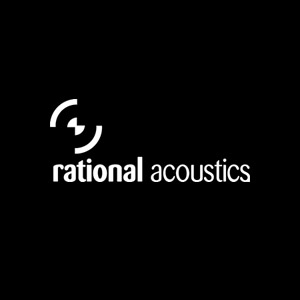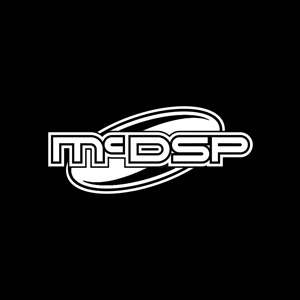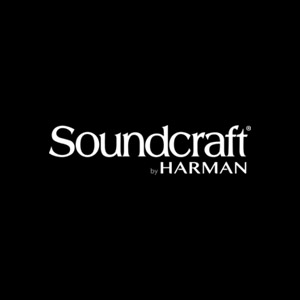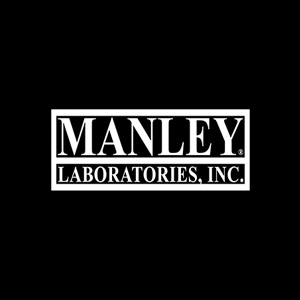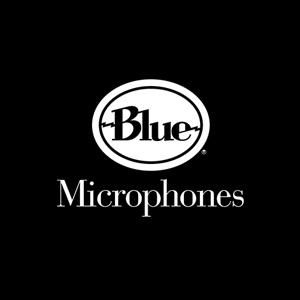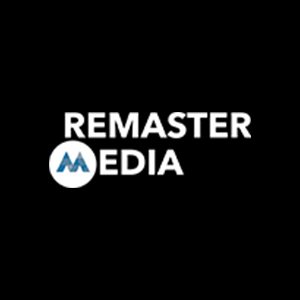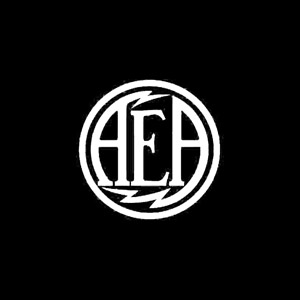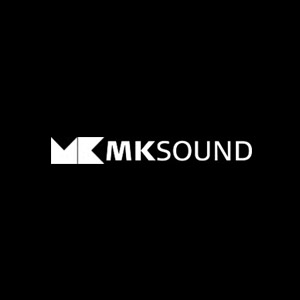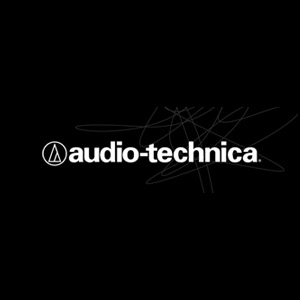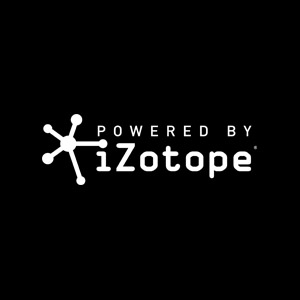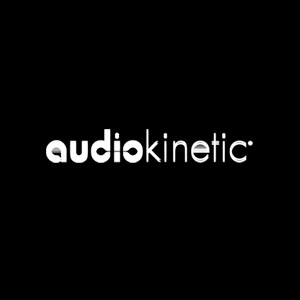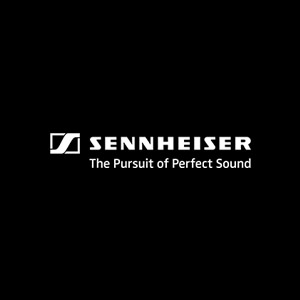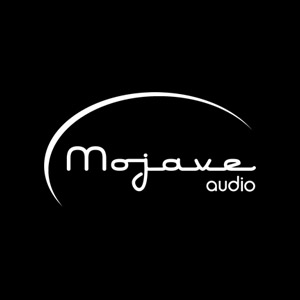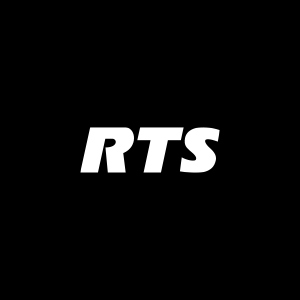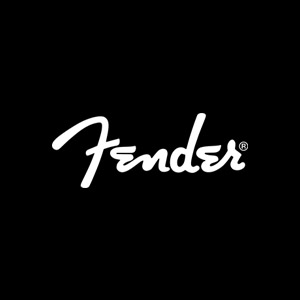Rick Wilkinson and Bob Kostlan of Austin Ribbon Microphones Conduct DIY Ribbon Mic Build; Dave Royer of Royer Labs Also Attended to Host an Additional Student AES Event.
Gilbert, Ariz., Aug. 24, 2021 – Don’t fix what’s not broken.
For the ninth straight year, Austin Ribbon Microphones has conducted a DIY ribbon mic build for students of The Conservatory of Recording Arts & Sciences. The event was headed by Rick Wilkinson and Bob Kostlan of Austin Ribbon Microphones, and Dave Royer of Royer Labs also attended and hosted his own AES event with the school’s student section of the Audio Engineering Society.
“CRAS consistently has the most enthusiastic students that not only are excited to build their own equipment, but want to explore the details behind it,” explained Wilkinson, owner and designer at Austin Ribbon Microphones. “Ten years of DIY workshop experience has proven to me that CRAS is a career-motivated environment for developing confident students in audio and media. When applying for a position at a studio, a CRAS graduate who built a ribbon microphone at an AES Workshop has a huge advantage over someone who only learned ProTools. A CRAS graduate who enters the workforce knowing how to solder, build, and repair studio equipment is likely to win the job every time.”
During the event, CRAS students learned how the microphones work, learned design features that differentiate one brand from another, as well as repair questions, user information, mic placement, and educated dialogue about audio careers while building, learning and having fun. Austin Ribbon Microphones makes DIY audio kits and tools for trade schools, colleges, and high schools, and it is quickly expanding into DIY guitar pedals, DIY preamplifiers, and DIY Tube microphone kits.
“It’s super cool that CRAS graduates have stayed in touch over the years,” added Wilkinson. “Austin Microphones regularly receives images and sound samples from CRAS students who built the microphone at a workshop years earlier, and have used it on projects…some at professional studios where CRAS graduates have landed.”
According to Royer, chief engineer for both Mojave Audio and Royer Labs, the microphone building workshop was interesting to watch. “The students had committed themselves to leaving the workshop with working microphones, and they did just that. During my presentation, I had everybody’s attention, as was evident in the ‘hear a pin drop’ silence in the auditorium during the presentation and the volley of cogent comments and questions that followed. I am impressed with the program and staff at CRAS.”
According to CRAS student Dempsey Payne, “I had a great experience doing the Austin Mic build. Having always wanted a ribbon microphone but finding most out of my budget, I was able to leave with a fully functioning mic at a great price, and with no prior building experience. On top of that, I can now easily fix or upgrade the mic having built it from scratch. Most importantly, the mic sounds great with all of the classic characteristics of a ribbon!”
Added CRAS student Edward Duron, “The ribbon mic build process was well organized and divided into three separate sections. It was a fun learning experience with a successful functioning ribbon mic that I’m proud to use on future projects.”
Louis Navarro, another CRAS student who participated in the event, said that the event was an amazing experience. “Rick and Bob were awesome instructors. They did a great job showing us how to build the ribbon mic, patiently and overall they are super fun individuals. Dave Royer’s Mics are a work of art. He is very knowledgeable in his field, some may say he is a genius!”
The Conservatory of Recording Arts & Sciences is composed of two nearby campuses in Gilbert and Tempe, Ariz. A CRAS education includes broadcast audio, live sound, film and TV audio, music, and video game audio, all taught by award-winning instructors who have all excelled in their individual fields, including sound reinforcement, audio recording and production, digital recording, troubleshooting/maintenance, and music business.
“Being trained on industry standard products that are utilized in real-world applications is ideal for audio engineering students…but actually building your own gear with the help of industry professionals is an experience most will never be able to say that they have participated in,” said Kirt Hamm. “We are continually thankful to Rick, Bob, and Dave for their dedication in helping educate and our students year after year.”
CRAS structured programs and highly qualified teaching staff provide a professional and supportive atmosphere, which is complemented by its small class sizes allowing for individual instruction and assistance for students in engineering audio recordings. CRAS has been providing quality vocational training in audio recording for more than three decades. The curriculum and equipment are constantly being updated to keep pace with the rapid advancements in the music and sound recording industries. CRAS’ course offerings and subject matter have always centered around the skills and knowledge necessary for students’ success in the audio recording industries.
The 11-month program is designed to allow every student access to learn and train in all of the Conservatory’s studios which are comprised with state-of-the-art audio recording and mixing gear, the same equipment used in today’s finest studios and remote broadcast facilities, including Pro Tools 12, API Legacy consoles, SSL AWS consoles, Studer Vista consoles, and much more. All students must complete a 280-hour industry internship to graduate from the Master Recording Program II that may ultimately lead to industry employment.
